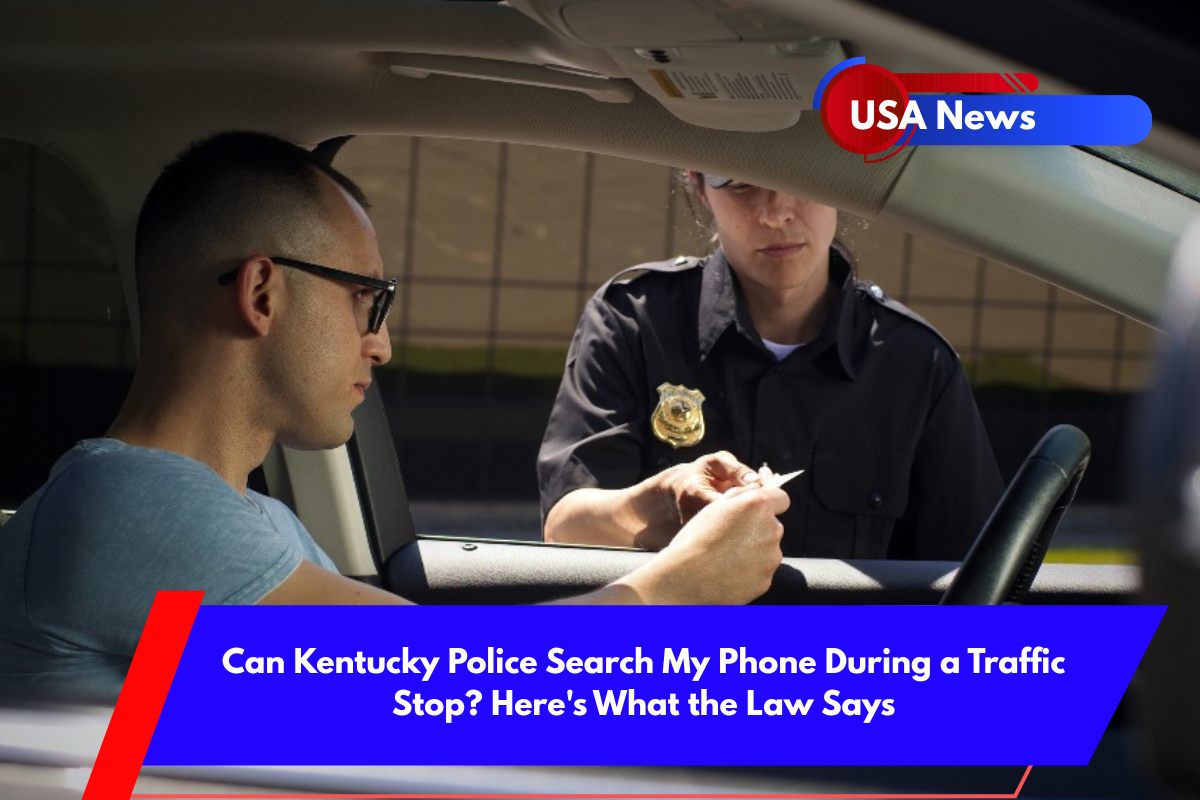If you’re ever pulled over by the police in South Dakota, it’s important to understand your rights, especially when it comes to your phone. There are legal protections in place to prevent unnecessary invasions of privacy.
In this article, we’ll break down the key legal principles surrounding searches of your phone and what you should do during a traffic stop.
Key Legal Principles
Fourth Amendment Protections
The Fourth Amendment of the U.S. Constitution protects you from unreasonable searches and seizures. This means that, in most cases, police can’t search your phone without a warrant or probable cause.
Supreme Court Ruling
In the case Riley v. California (2014), the U.S. Supreme Court made an important ruling: the police must have a warrant to search your phone, even if it’s taken during an arrest. This means that unless certain exceptions apply, police can’t access the contents of your phone without going through the proper legal process.
When Can Police Search Your Phone?
There are a few different situations where the police might try to search your phone. Here’s a breakdown of those situations:
Without Consent or Warrant
No, the police cannot search your phone during a routine traffic stop without your permission or a warrant. They need either your consent or a valid warrant issued by a judge.
With Your Consent
Yes, if you voluntarily give police permission to search your phone, they can do so without a warrant. However, you are under no obligation to give consent.
With a Warrant
Yes, police can search your phone if they obtain a warrant based on probable cause. This means they must convince a judge that there is a legitimate reason to search your phone.
Incident to Arrest
No (Generally), even if you’re arrested, police need a warrant to search your phone’s contents. The fact that you’re arrested does not automatically give them the right to look through your phone.
South Dakota Law
State Law Alignment
South Dakota law aligns with federal law on phone searches. In most cases, police must have probable cause and a warrant to search your phone. The exceptions are narrow, like if you give consent.
Seizure of Devices
While police can seize your phone if necessary, they cannot access its contents without a warrant, unless another exception applies. For example, if there’s an immediate threat to safety, they might be able to act without a warrant, but these cases are rare.
What Should You Do During a Traffic Stop?
Be Polite but Firm
When stopped by the police, you should always be polite and cooperate with their requests for things like your license and registration. However, you can refuse to allow them to search your phone.
Know Your Rights
You have the right to say no to a search of your phone. You are not required to provide your phone or give consent for it to be searched.
Document Interactions
If you think your rights are being violated during a traffic stop, make a mental note of the details, or if it’s safe, record the interaction. This could be helpful if you need to file a complaint later.
Sources:
1. https://sdlegislature.gov/Statutes/32-33
2. https://www.aclusd.org/en/kyr-stopped-by-police













